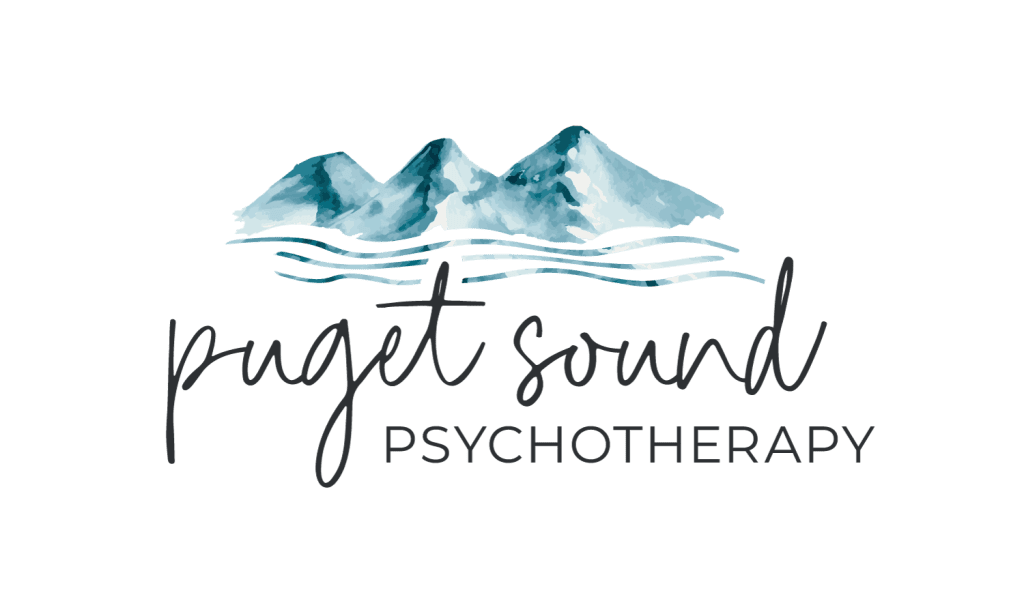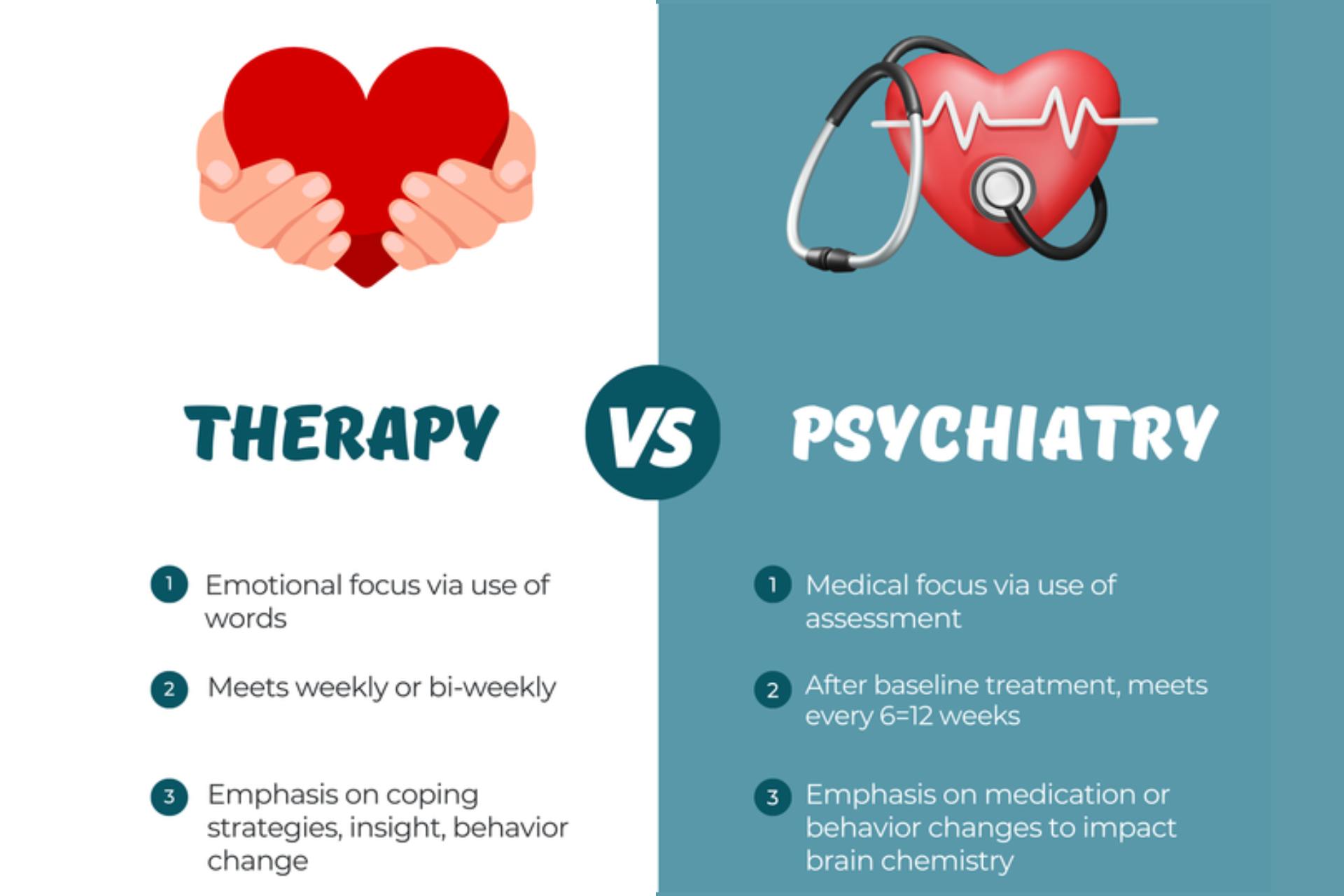Working at PSP means actively staying engaged in continuing education and staying abreast of contemporary issues impacting our clients and the field of mental health. Recently, we found ourselves talking about the newest ways AI is being used — not just behind the scenes or as a tool, but as the central “person” in roles traditionally performed by humans. I’ve had a robot take my order at Top Burmese in Portland, tested online AI-based “therapy” through the early CBT model Woebot as a potential support resource for clients who could not access talk therapy, and observed how others are engaging with AI in both professional and personal relationships.
Publications like The New York Times and Wired have explored the new frontiers of AI engagement. One reporter spent 18 months making AI friends online, another experimented with poly-AI chatbot dating, and on the podcast The Daily, you’ll hear about the romantic and sexual freedom a woman found in her ChatGPT relationship.
Not everyone is finding AI to be a place of positive possibilities. The American Psychological Association’s (APA) presented alarming examples to the Federal Trade Commission (FTC) about the dangers of AI. This included a lawsuit against Character.AI, which was accused of playing a role in a teenager’s suicide after the teen engaged with an AI chatbot claiming to be a therapist. This only scratches the surface of the moral and ethical concerns that include the environmental impact of AI’s enormous energy consumption, the use of stolen works as the AI database foundation, and the potential for manipulation and social engineering.
We will be exploring a full swath of topics, but focusing in particular on those that affect human relationships and mental helath. Our office manager, Kaleigh, appreciates how Emily Carmichael explores AI’s role in intentionally bypassing human interaction. Carmichael describes this as an “estrangement from ourselves,” part of a broader “desire to ditch the risk and complexity of human interaction for the programmatic affirmation of a machine.” I hear similar concerns in therapy sessions — parents worried about children who prefer online Discord chat rooms with strangers over real-world interactions or couples who avoid the complexity of their relationship by scrolling through social media instead of engaging with each other in the evening.
AI is here to stay, but its role in our lives is still unfolding. What conversations, concerns, or creative ideas about to AI are you discussing with friends and family?
Whatever our individual choices, engaging in active dialogue, staying curious, and remaining open to feedback can help us avoid the estrangement Carmichael describes, and can help us hold the moral and ethical tension presented by such a new and powerful force alongside the opportunities that AI may bring.
We welcome hearing how AI is alive in your life; reach out!
Evonne and the team at PSP
Enter your email below to follow along with our Conversations about AI Series and be the first to get notified about our latest content:


